
Buddhist Sacred Black Dzambhala Statue | Tibetan God of Wealth
Sale price$329.00
7cm x 4.5cm
+1

Himalayan Vasudhara Wealth Deity Statue | Handcrafted Buddhist Sculpture for Prosperity
Sale price$959.00
23.5cm x 20cm
+1

Tibetan Buddhist Black Dzambhala | Wealth Deity for Prosperity
Sale price$329.00
7cm x 4.5cm
+1

Tibetan Vasudhara Statue | The Wealth Deity
Sale price$395.00
16cm x 14cm
+1

Handmade Dzambhala Buddhist Statue | Wealth Deity Figurine
Sale price$1,315.00
27cm x 28cm
+1

Handcrafted Dzambhala Statue of Wealth | Blessings of Wealth and Generosity
Sale price$575.00
23cm x 20cm
+1

Dzambhala Statue of Wealth and Abundance | Brass Figurine for Mindful Living
Sale price$615.00
22cm x 18cm
+1

Handmade Dzambhala Statue | Tibetan Wealth Deity for Buddhist Practice
Sale price$409.00
9.5cm x 8cm
+1

Handmade Dzambhala Statue Of Wealth | A Symbol of Abundance
Sale price$745.00
15cm x 14cm
+1

Dzambhala Handcrafted Sculpture | Gold Plated Prosperity Deity Statue
Sale price$747.00
22cm x 20cm
+1

Dzambhala Statue : The Wealth Deity | Sacred Statue of Dzambhala
Sale price$669.00
22.5cm x 19.5cm
+1
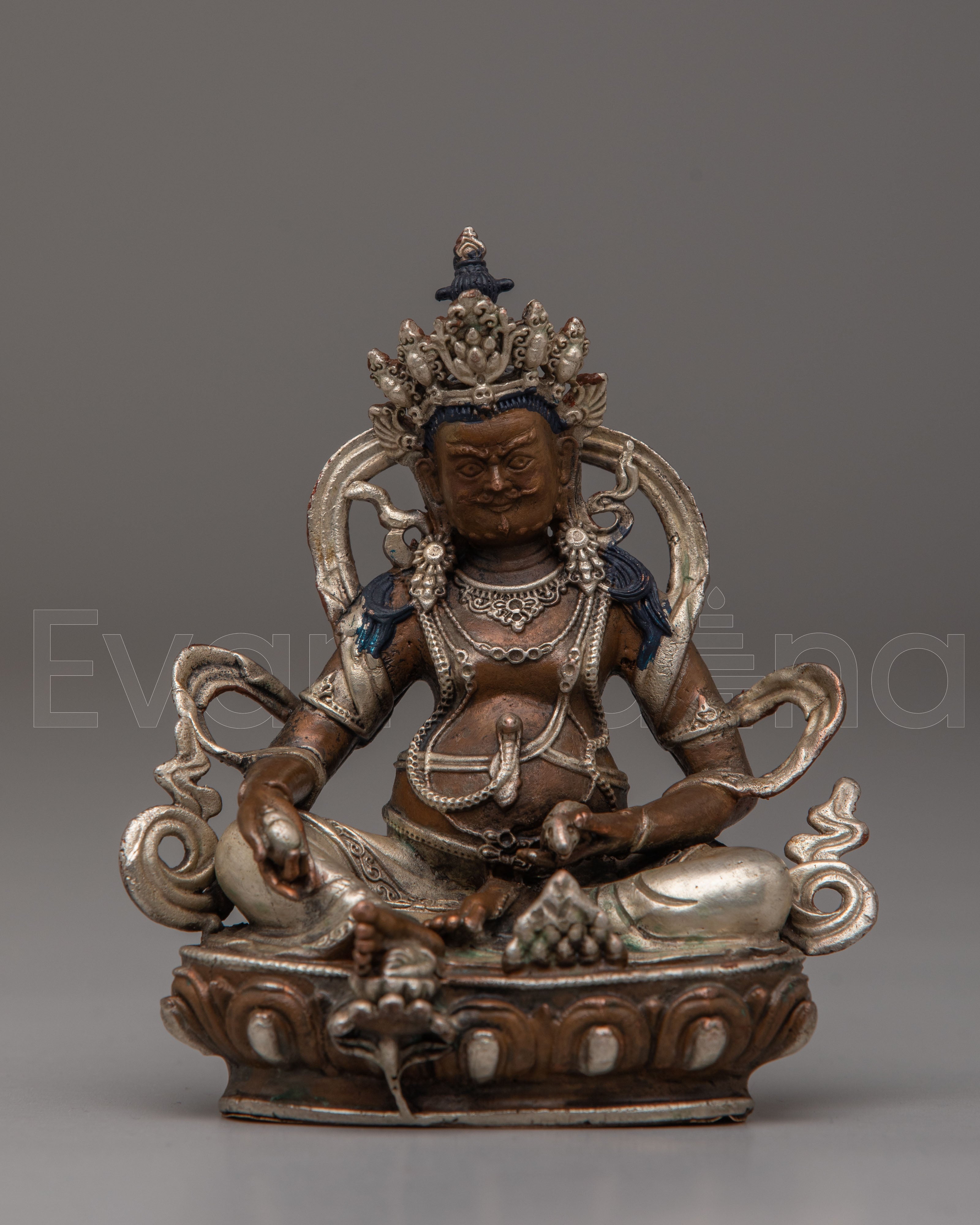
Handcrafted Dzambhala Buddhist Statue
Sale price$448.00
9.5cm x 8.5cm
+1
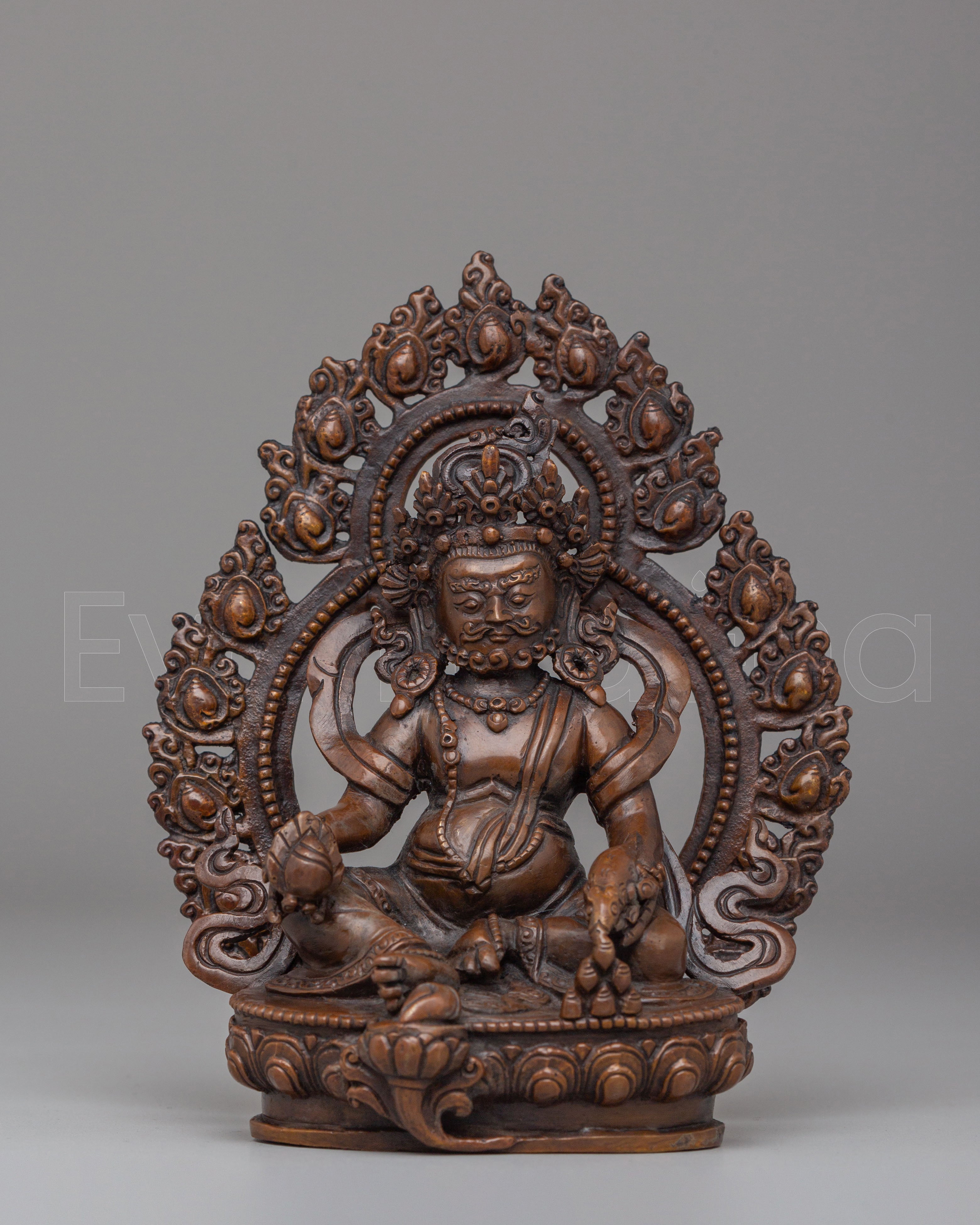
Handcrafted Statue of Dzambhala | Wealth Deity
Sale price$474.00
16cm x 13cm
+1
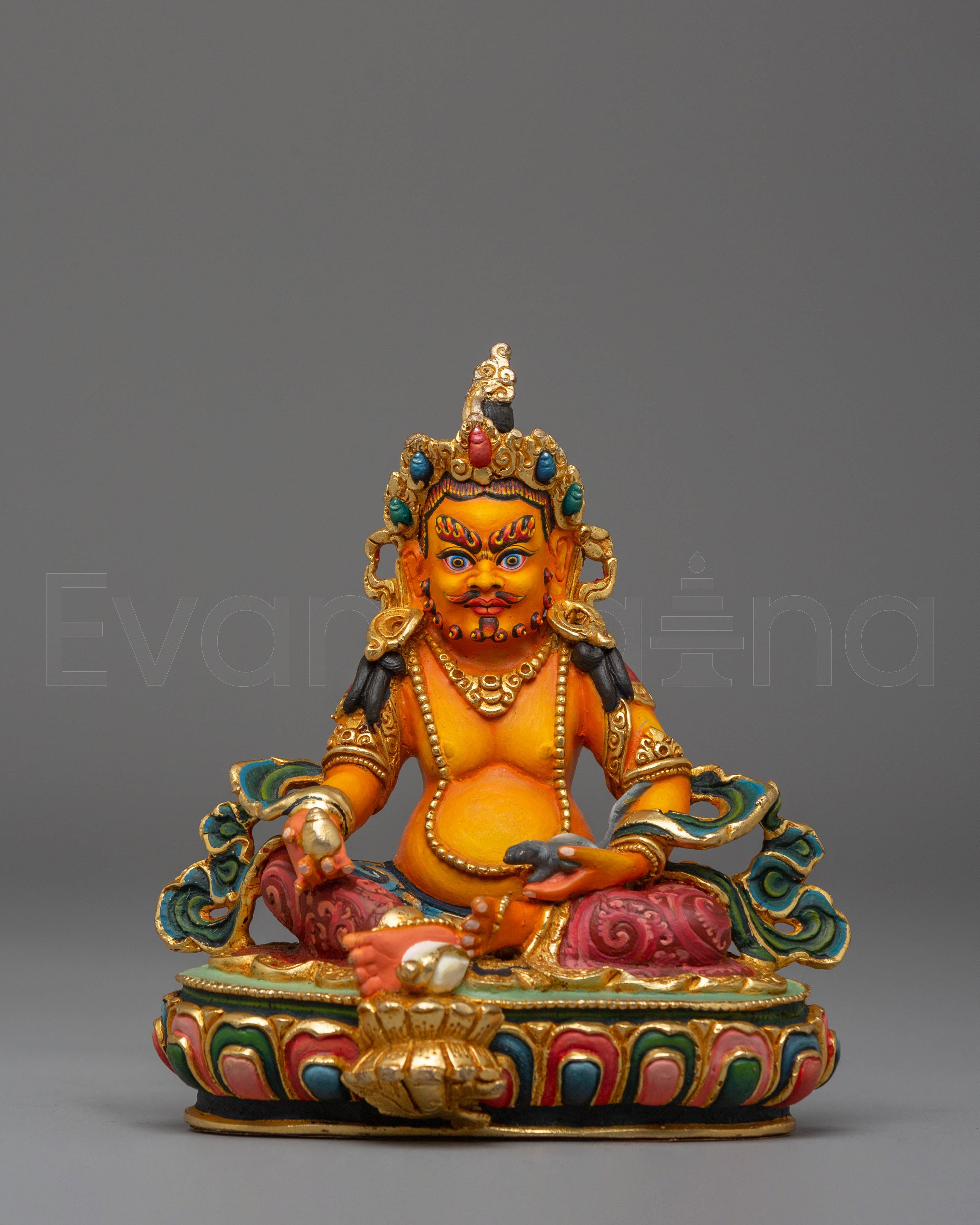
Handcrafted Copper Statue of Dzambhala for Altar and Decor
Sale price$878.05
Regular price$1,033.00
15.5cm x 15.5cm
+1
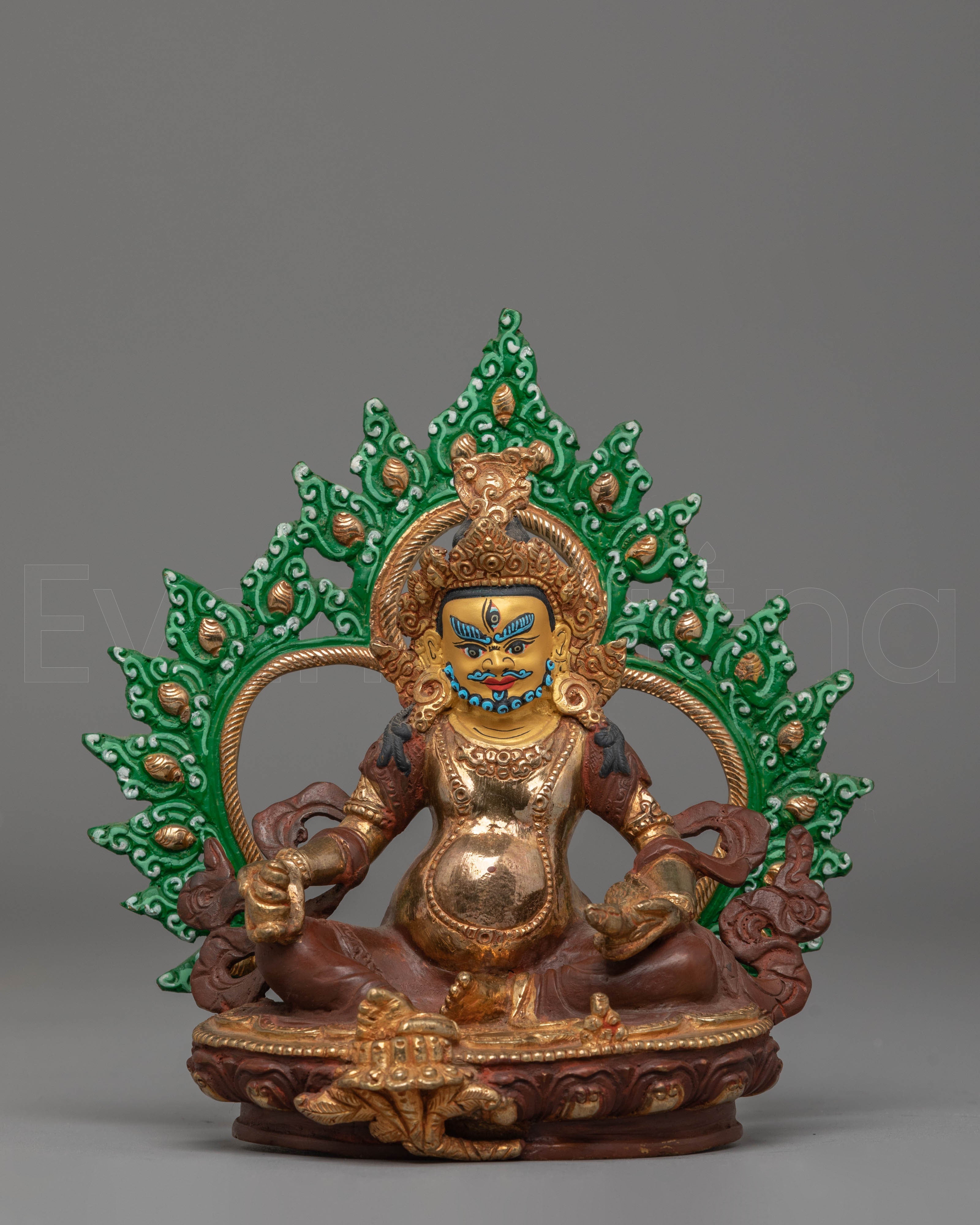
Handcrafted Copper Dzambhala Figurine | Embodiment of Wealth
Sale price$657.05
Regular price$773.00
17.5cm x 17cm
+1
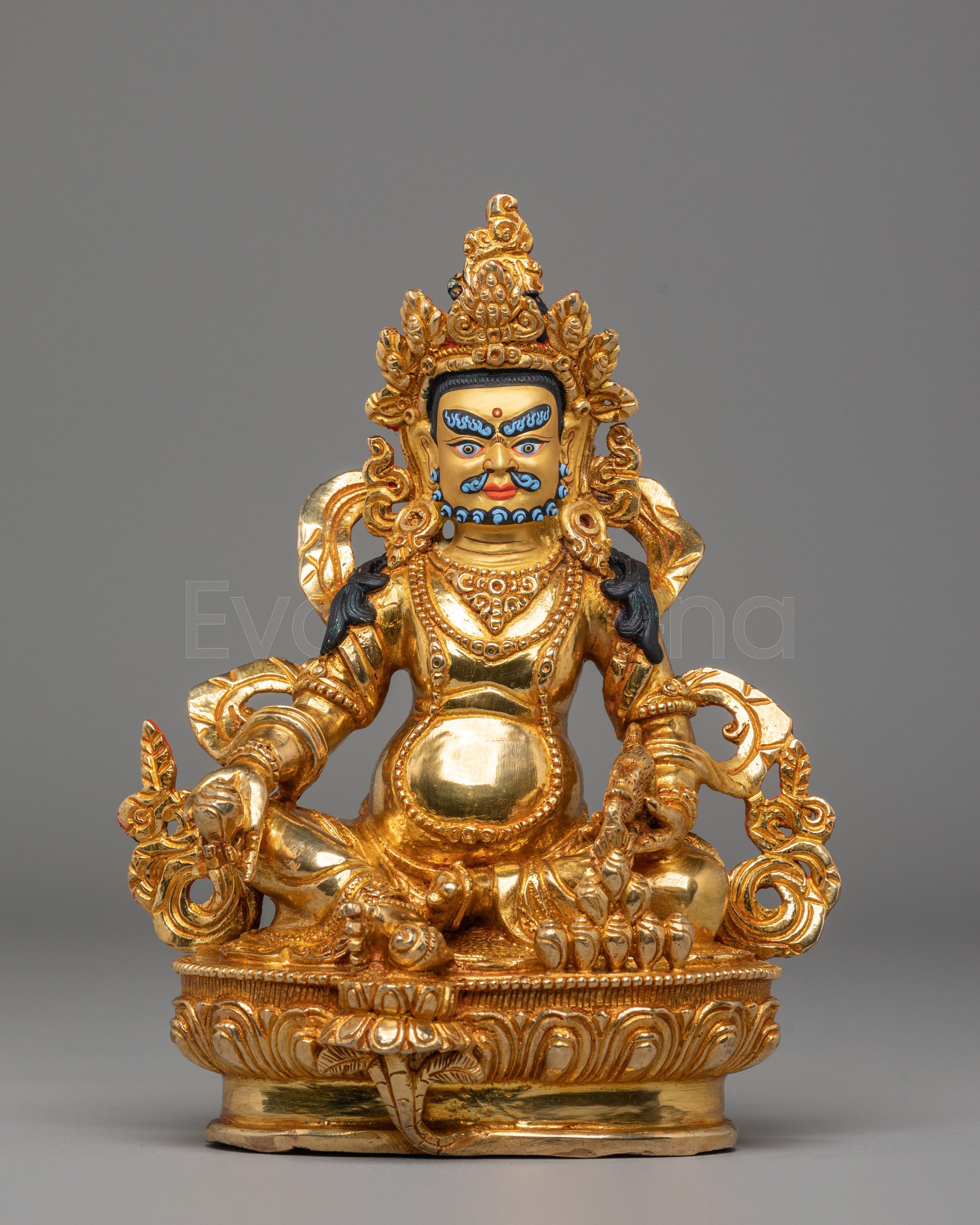
Handcrafted Copper Artwork of Dzambhala | Embodiment of Wealth
Sale price$878.05
Regular price$1,033.00
24cm x 20cm
+1

Handcrafted Copper Figurine of Dzambhala | Embodiment of Wealth
Sale price$745.45
Regular price$877.00
23cm x 20cm
+1
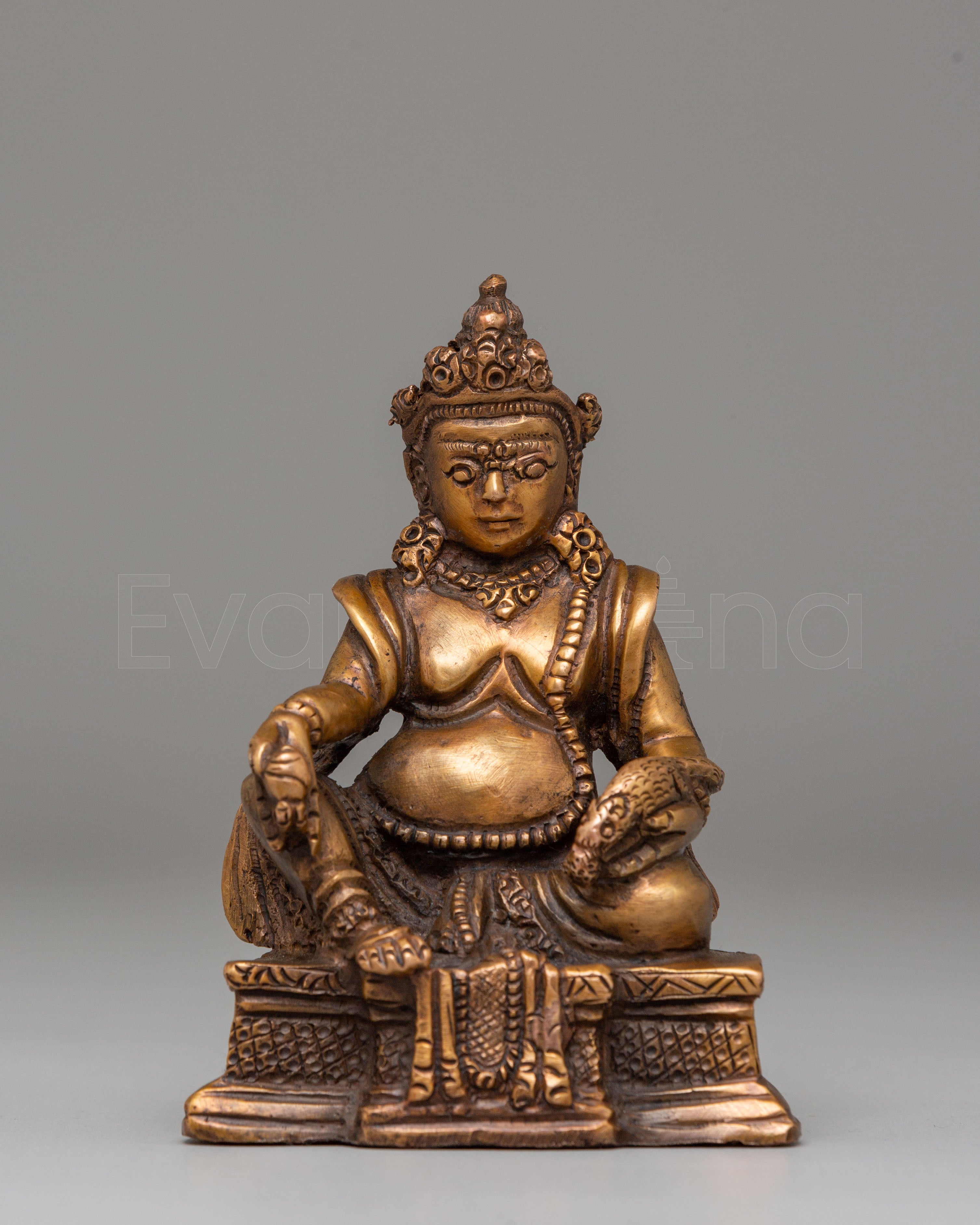
Sacred Dzambhala Statue for Abundance | Tibetan Wealth Deity Art
Sale price$491.30
Regular price$578.00
11cm x 8cm
+1
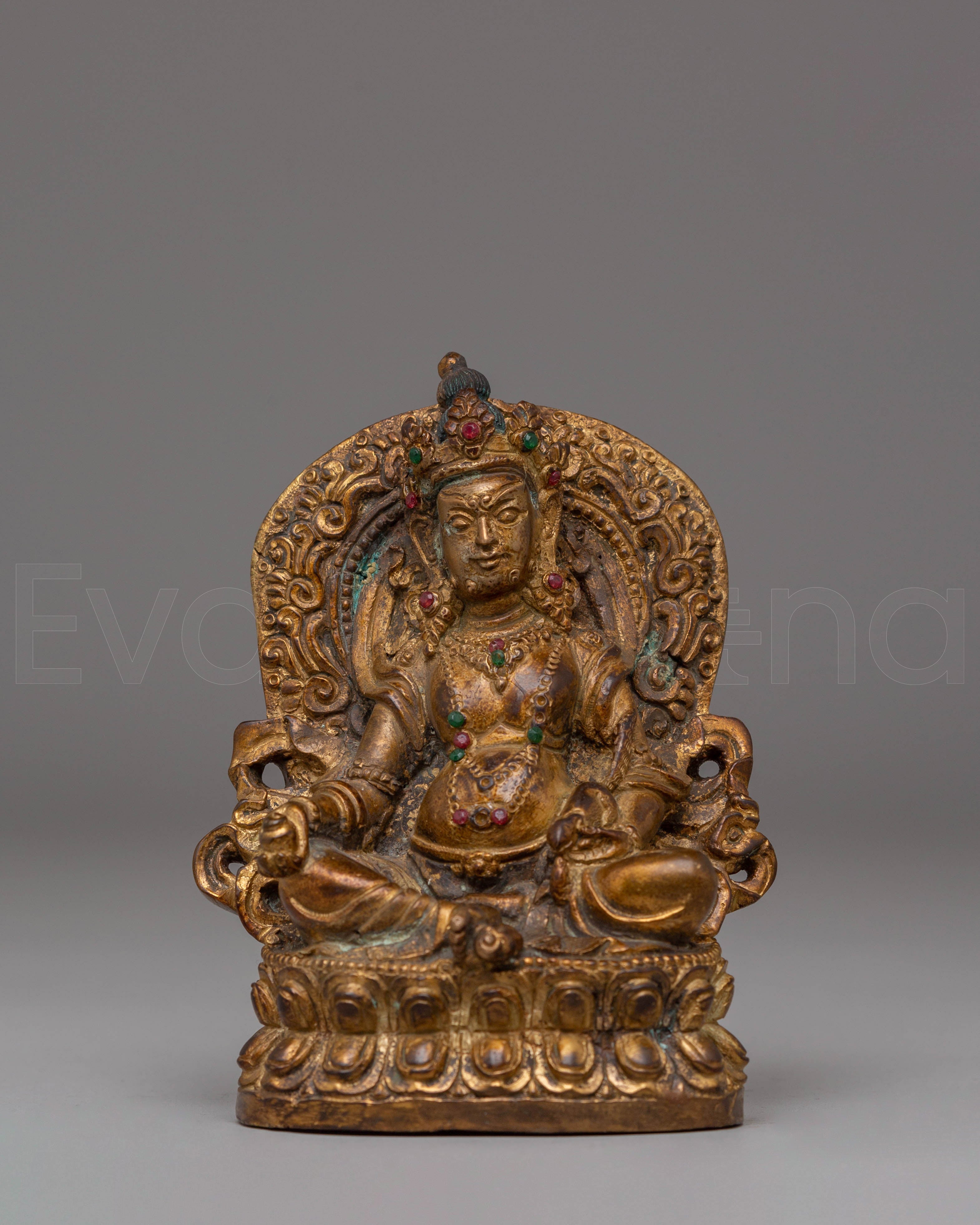
Handmade Dzambhala Copper Statue for Decor | Embodiment of Wealth
Sale price$524.45
Regular price$617.00
11.5cm x 9.5cm
+1
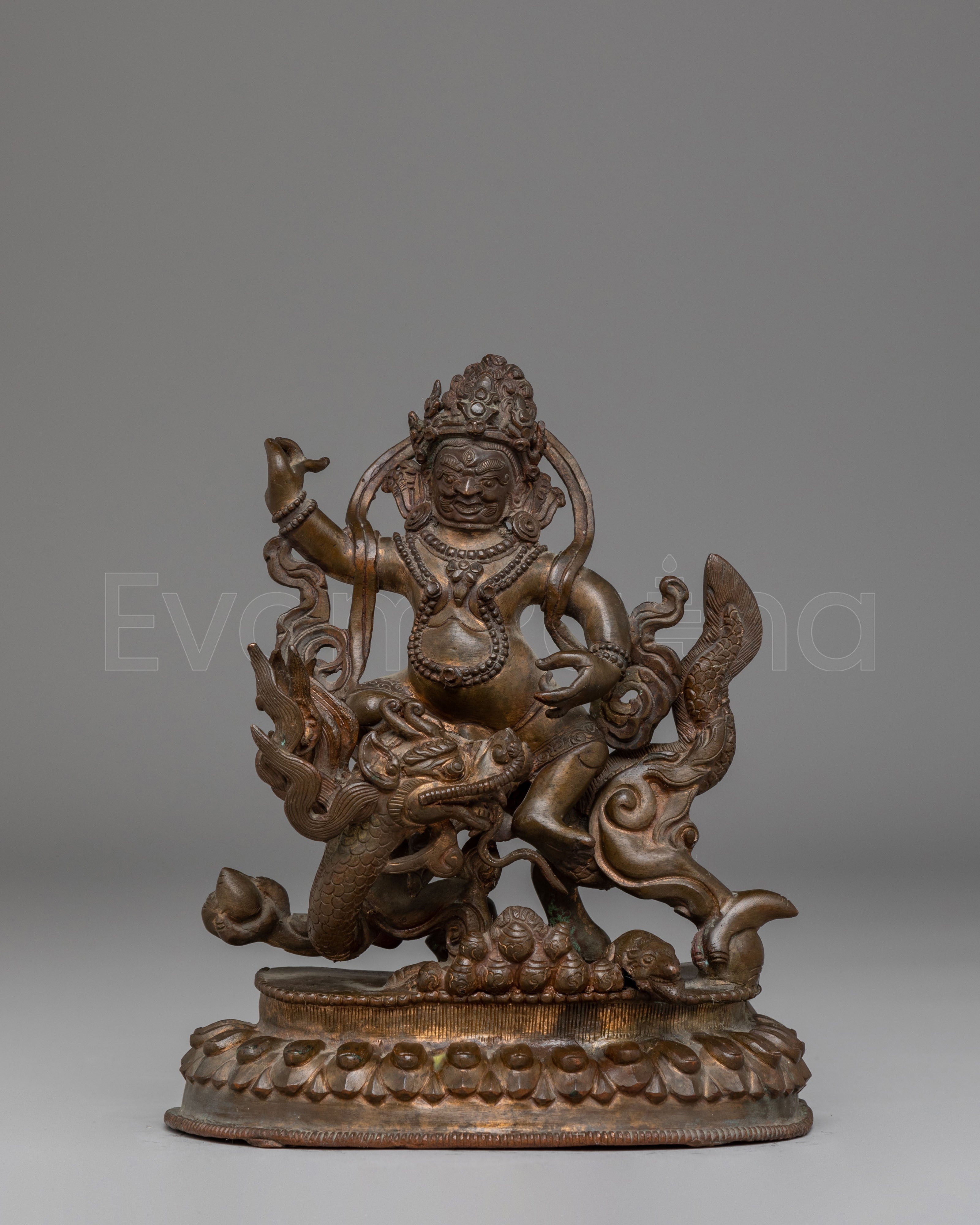
Sacred Buddhist Wealth Icon White Dzambhala Statue | Ideal for Decor
Sale price$535.50
Regular price$630.00
17.5cm x 15cm
+1

Handcrafted Copper Sculpture of Dzambhala for Altar and Dharma Decor
Sale price$469.20
Regular price$552.00
13cm x 11cm
+1

Buddhist Wealth Icon Dzambhala Set Statue | Tibetan Prosperity Symbol
Sale price$347.65
Regular price$409.00
10.5cm x 9.5cm
+1

Oxidized Copper Dzambhala Sculpture | Traditional Himalayan Art
Sale price$1,187.45
Regular price$1,397.00
27cm x 28.5cm
+1

Dzambhala Statue for Wealth Abundance | Buddhist Kubera
Sale price$3,043.85
Regular price$3,581.00
40cm x 30cm
+1
